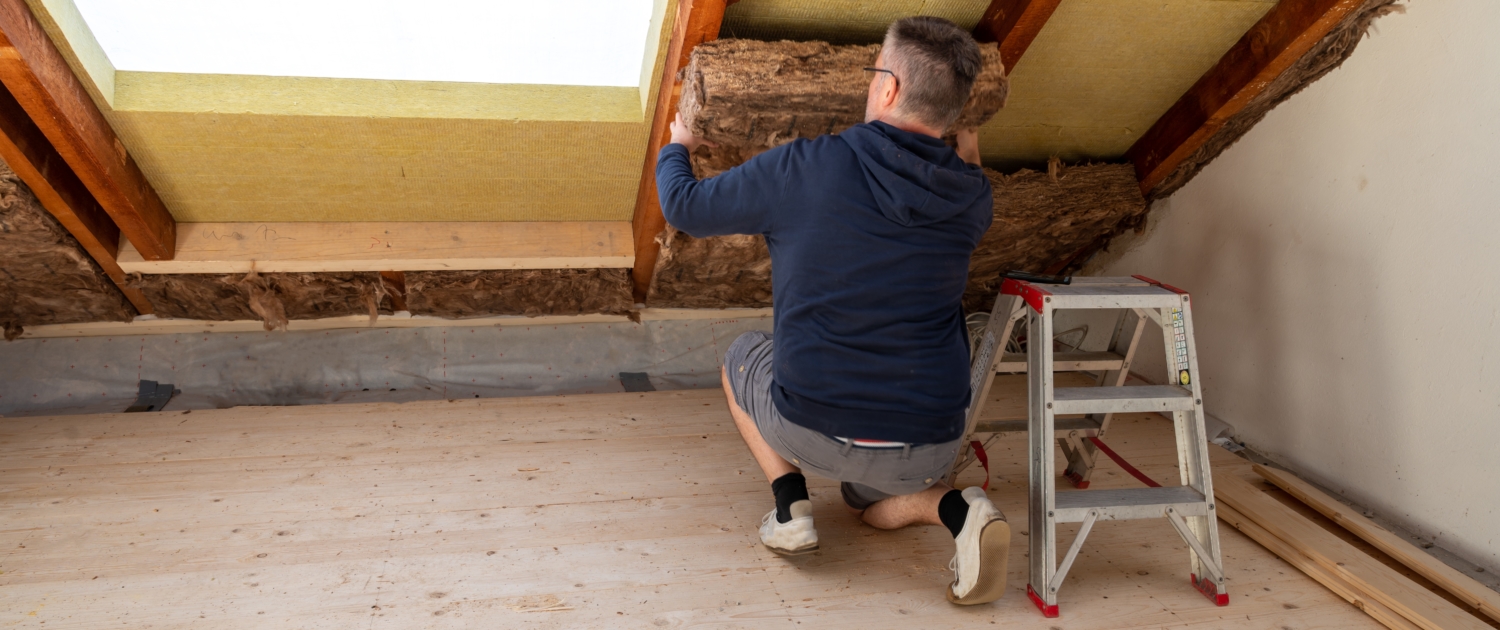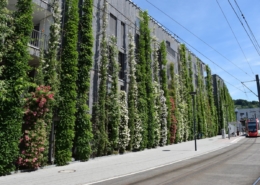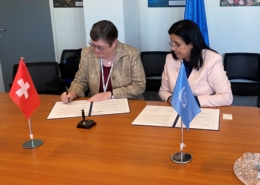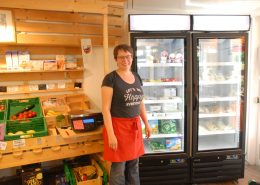Subsidies motivate the renovation of residential buildings
Political measures, costs, savings potential, financing options: How do these parameters influence the decision to invest in energy-efficient renovations? This is what the MISTEE project (Motivations for Investment in Smart Technologies and Energy Efficiency) investigated. Among other things, it shows: Interest in renewable energy is greater than in energy efficiency measures.
Several surveys were conducted as part of MISTEE. Both previous decisions and expressed preferences were collected. Homeowners, homeowners and also tenants in very different living situations were surveyed. The aim was to learn how energy-related investment decisions are influenced by costs, savings potential, financing options, personal preferences and political measures.
A detailed analysis of more than 10,000 buildings from 19 cantons shows that energy-related renewal rates on the building envelope range between 0.5%-1% per year (basement ceiling) and 2-3% per year (windows), depending on the canton and building component, and have increased slightly over the last 30 years. Furthermore, it is shown how the renewal rates are influenced by building and owner characteristics, but also by political measures. For the latter, for example, it could be shown that an increase in subsidy rates of CHF 10/m2 increases the renewal chance by about 11%. In the case of heating systems, significant differences can be observed with respect to the region and the existing infrastructure. In particular, it can be seen that the transition from oil heating to heat pumps or wood heating is faster in regions where there is no gas network.
The analysis of the expressed preferences of more than 5000 respondents, shows that the interest in renewable energy is generally greater than that in energy efficiency measures. Both owners and renters prefer to invest in their own building instead of participating in community investment projects (e.g. crowd-investing). It turns out that subsidies are sometimes valued more highly than cost savings, and they are therefore an important instrument for promoting investments. Overall, the current process for applying for subsidies is not seen as overly complicated, although some respondents would welcome further simplification.
Given the wide variation in households and respondents' preferences, it is important to note that a one-size-fits-all policy solution is unlikely to be optimal: geographic location, age of the building, age of the investor, and education are relevant dimensions to consider when designing policy instruments, thereby increasing their effectiveness.
MISTEE was funded under the Energy-Economy-Society research program.
Authors:
Mehdi Farsi, Professor of Public Economics, University of Neuchâtel
Martin Jakob, Managing Director, TEP Energy GmbH
Sylvain Weber, Assistant Professor, HEG Genève
Jonas Müller, Project Engineer, TEP Energy GmbH
Benedikt Maciosek, PhD Candidate, University of Neuchâtel
Link to the final report:
Renewal behavior Zurich (admin.ch)
 shutterstock
shutterstock
 BuGGFassaden: Wie sich PV und Begrünung ergänzen
BuGGFassaden: Wie sich PV und Begrünung ergänzen  Kühle Duschen und eine Kiss-Cam
Kühle Duschen und eine Kiss-Cam  BFEVerstärkte Zusammenarbeit der Schweiz mit der IAEA im Bereich der Grundwasserforschung
BFEVerstärkte Zusammenarbeit der Schweiz mit der IAEA im Bereich der Grundwasserforschung  Effiziente Gewerbekühlgeräte: ProKilowatt fördert den Kauf
Effiziente Gewerbekühlgeräte: ProKilowatt fördert den Kauf 
 BFE
BFE VenTSol
VenTSol
Neuste Kommentare